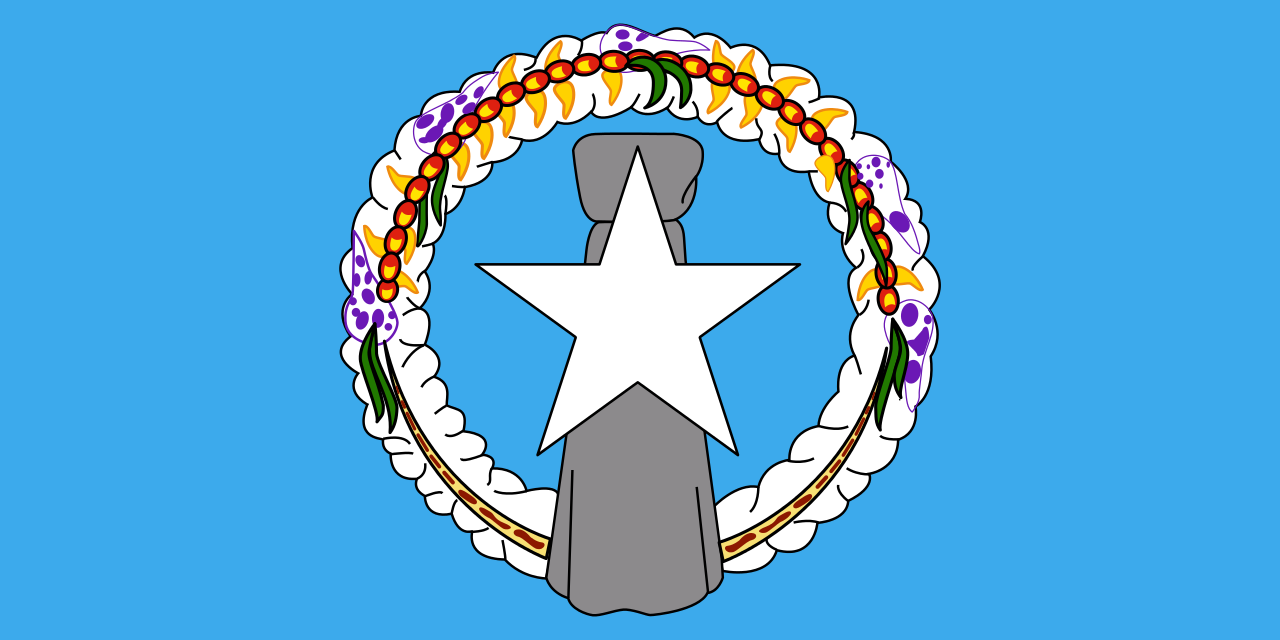Politics
Marijuana Legalization Bill Moves Forward In U.S. Territory

About a week after a U.S. territory hit a snag on the road to full marijuana legalization, a committee made several revisions to the bill that are expected to clear the path to passage.
Lawmakers in the Commonwealth of the Northern Mariana Islands (CNMI) seemed set to put a legalization bill to a full House of Representatives vote on June 12, but the bill was unexpectedly sent back to the chamber’s Committee on Judiciary and Governmental Operations (JGO).
That same committee previously unanimously approved the legislation in May. It also passed in the territory’s full Senate that month.
Upon referral, the committee made a number of revisions, including the removal of licensing fees for statutory reasons and the addition of a policy that bans regulatory commissioners from participating in the program if they’ve been convicted of a crime within the last 15 years, legalization advocate Gerry Palacios of Sensible CNMI told Marijuana Moment. Because two sections regarding cannabis use and sales for individuals under 21 contradicted each other, one was struck from the legislation.
CNMI Marijuana Legalization Bill by MarijuanaMoment on Scribd
One question still needs to be resolved by lawmakers: the JGO recommended a recess until July 2 in order to clear up whether fines levied against individuals who violate the law would be counted as “revenue generators.” If the commission determines that these fines are not a part of the revenue stream, the fines provision will remain in the bill. (Revenue generation legislation is supposed to originate in the House — and not the Senate, where the legalization bill was first filed.)
Another change the committee made to the bill on Thursday would speed up the timeline for implementing legalization. The JGO amended the legislation to require that the CNMI Cannabis Commission would be created within 30 days of the passage of the bill instead of 90 days.
“These changes were made for clarification and constitutional purposes for speedy passage of the bill,” Palacios said. “The goal is to keep the intent and integrity of the bill intact while at the same time addressing issues on interpretation of its language.”
“Once the JGO convenes on July 2 after clarification on [the] ‘fines’ issue, they will move to adopt and push for full House review.”
So that’s where the state of cannabis legalization in the U.S. jurisdiction stands. Advocates tell Marijuana Moment that the Senate is likely to OK the changes recommended by the committee, but it’s unclear when a full House vote will take place at this point. If the bill ultimately passes, CNMI will be the first U.S. territory to fully legalize without a preexisting medical cannabis system in place.
“The Senate will have no problem with these changes as long as the bill’s integrity and intent are kept.”
That said, the territory’s governor, Ralph Torres, expressed concerns earlier this month about the potential impact of legalization on public health and crime.
“In the nine states that have legalized marijuana, have we seen an increase in crime?,” he asked, according to Marianas Variety. “If there is, what is the nature of these crimes? We should look at this and other things. I am concerned about public safety issues.”
Here’s what the bill would accomplish
- Adults 21 and older would be allowed to possess, grow and consume cannabis.
- CNMI would establish a regulatory system to produce, process and manage retail sales of marijuana.
- Tax revenue from marijuana sales would go toward funding the regulatory system and other government services.




